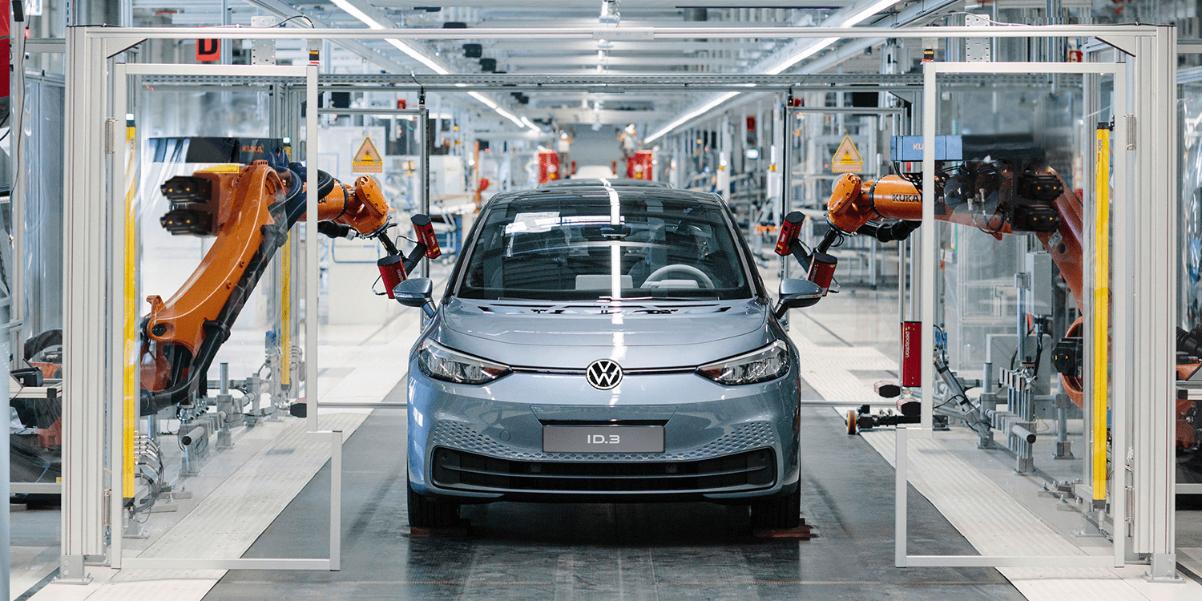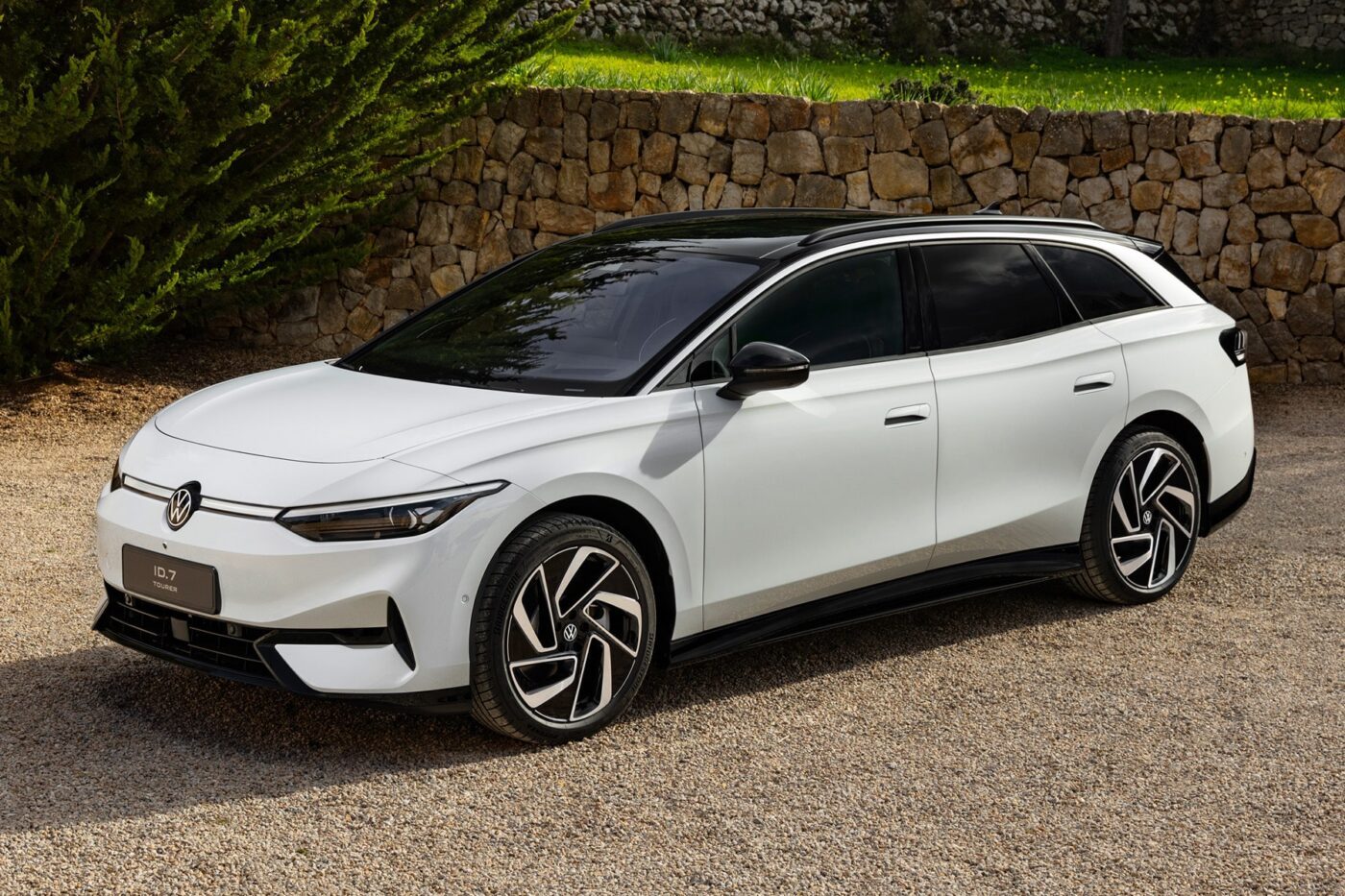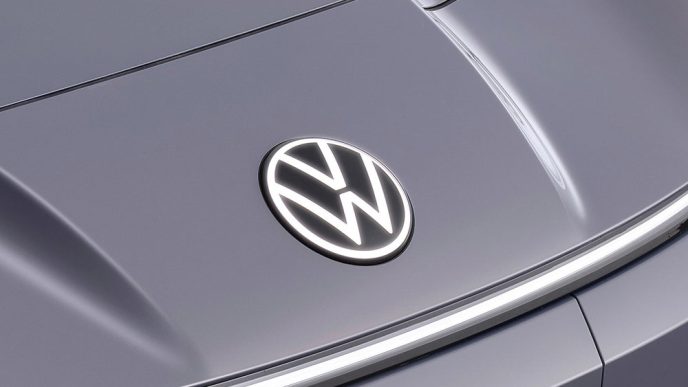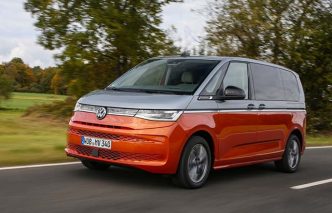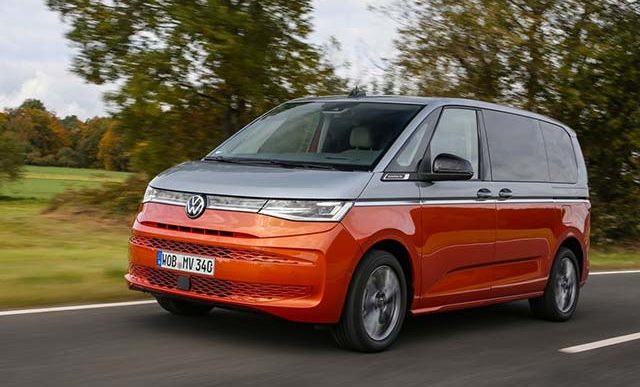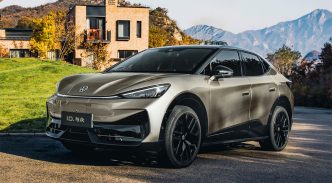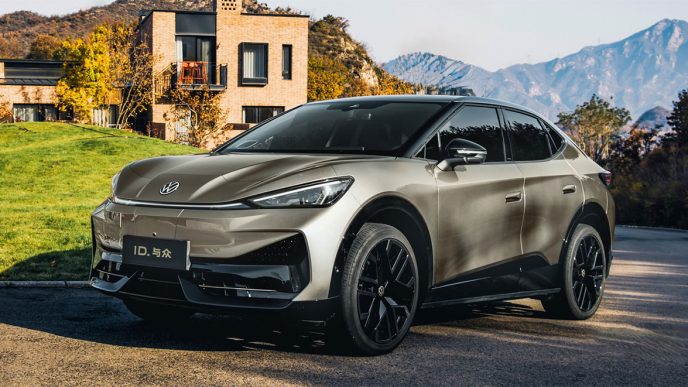Volkswagen Group’s Indian subsidiary is reportedly shifting plans away from using the MEB platform for locally produced electric vehicles (EVs), opting instead for the cost-effective China Main Platform (CMP).
Skoda Auto Volkswagen India Private Limited (SAVWIPL) initially intended to localize the MEB21 platform, a front-wheel-drive version, for upcoming models like the VW ID.2, Skoda Epiq, and Cupra Raval. However, due to high costs, the company decided to abandon the MEB21 in favor of the CMP21, which offers a 30% cost reduction.
The CMP21 platform, derived from Volkswagen’s rear-wheel-drive MEB31 platform, can support SUVs in the 4.30-4.80 meter range, making it ideal for mid-size electric vehicles.
This allows Volkswagen to target one of the most profitable segments in India, where competitors like Hyundai, Maruti Suzuki, and Tata Motors are focusing. The platform’s scalability is seen as a significant advantage for Volkswagen, enabling the company to potentially produce a variety of EV models, including SUVs and MPVs.
Volkswagen has reportedly completed the CMP21’s development within 24 months and expects it to support rear- and all-wheel-drive configurations, with battery sizes ranging from 40 to 80 kWh.
The first EV model under the CMP21 platform is expected to be a five-seat Volkswagen SUV, followed by a Skoda variant. Despite earlier discussions to share the MEB21 platform with Mahindra & Mahindra (M&M) falling through, SAVWIPL’s CMP plans do not depend on partnerships for cost-sharing.
Volkswagen’s China-based subsidiary, Volkswagen China Technology Company (VCTC), is leading the CMP platform development, with the first CMP-based EV set to launch in China by 2026.
Source: Autocarindia

